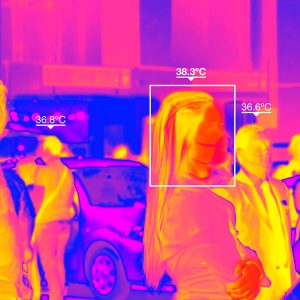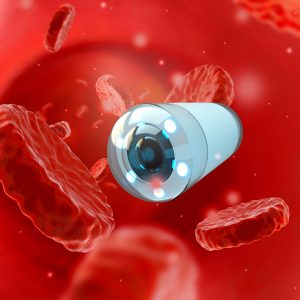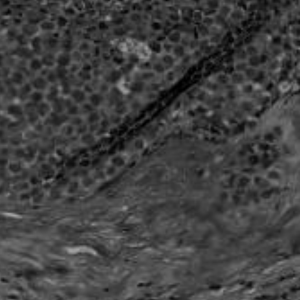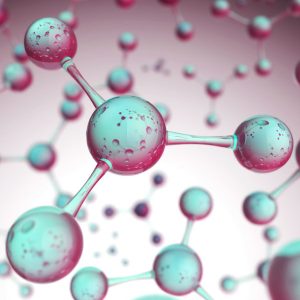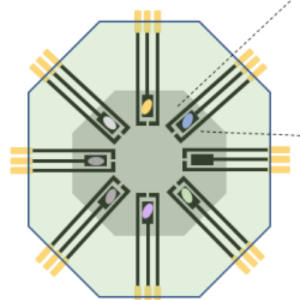The SENSEI project will develop a novel generic sensing methodology, integrating live sensor cells into a specially designed miniaturised hardware platform. The design and construction of such bio-hybrid sensors will combine state of the art synthetic biology with innovative integrated photonic circuits (IPCs), an objective that is unachievable with today’s technologies. The proposed methodology will...
This website uses cookies so that we can provide you with the best user experience possible. Cookie information is stored in your browser and performs functions such as recognising you when you return to our website and helping our team to understand which sections of the website you find most interesting and useful.


